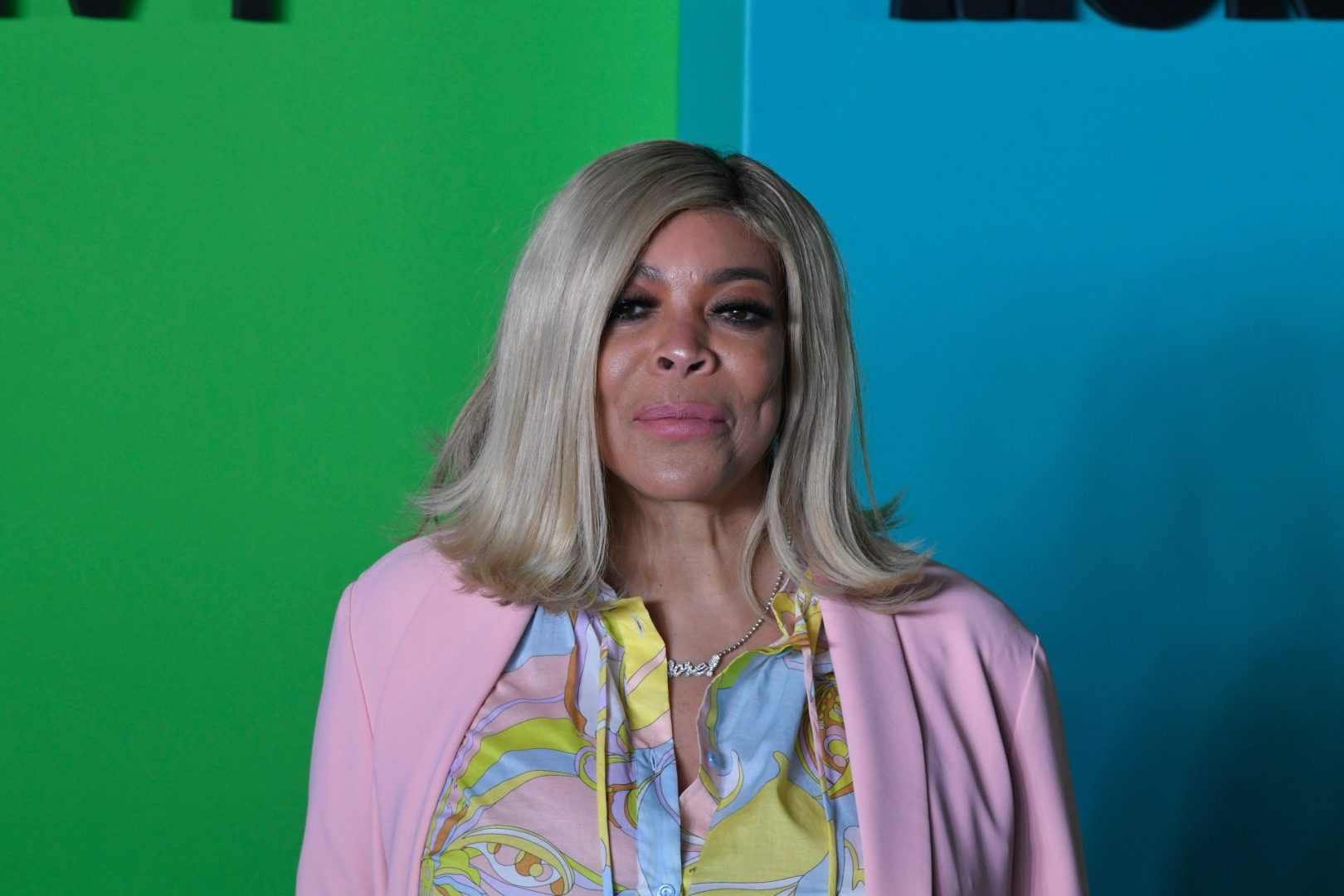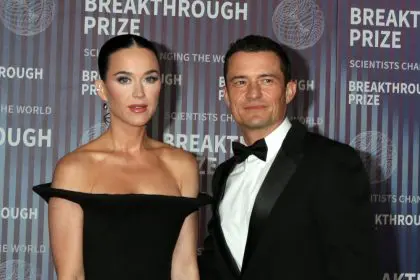Wendy Williams, the former daytime television powerhouse, received rare permission to leave her assisted living facility to celebrate her father’s 94th birthday in Miami. The two-day excursion marks a significant departure from her heavily restricted daily life, where she resides under court-mandated guardianship in New York City. This temporary freedom represents a rare bright spot in what has been a challenging period for the former queen of daytime television.
The judge’s decision requires private security accompaniment during her journey, highlighting the delicate balance between personal freedom and protective oversight. This temporary reprieve offers Williams a precious opportunity to reconnect with family members during this milestone celebration, something that has been notably absent from her life in recent months.
Inside the controlled environment
Williams’ current living situation presents a stark contrast to her previous life in the spotlight. Her residence in an assisted living facility has been characterized by severe limitations on her basic freedoms. The restrictions extend beyond physical confinement, encompassing digital isolation through limited internet access and heavily monitored communication channels. This controlled environment, while designed for protection, has raised concerns among advocates and supporters about the potential impact on her mental and emotional well-being.
The daily routine within the facility bears little resemblance to the vibrant lifestyle Williams once led. Access to visitors is strictly regulated, and her communication with the outside world is carefully monitored. These measures, while implemented under the guise of protection, have effectively isolated her from the support network she built over decades in the entertainment industry.
The documentary revealing hidden struggles
Saving Wendy, scheduled for release on February 12 on Tubi, promises to unveil the intricate details of Williams‘ life under guardianship. The documentary serves as a vital platform for understanding the complexities surrounding her current situation, especially given the court-imposed media restrictions that prevent her from sharing her story directly. This unprecedented look into her life under guardianship is expected to spark important discussions about personal autonomy and mental health care in the public sphere.
The documentary also examines the events that led to the implementation of the guardianship, providing context for the current restrictions while raising questions about the necessity of such extensive control over her daily life. It explores the fine line between protection and imprisonment, challenging viewers to consider the implications of such arrangements for individuals facing similar circumstances.
Breaking down barriers in mental health discourse
Williams‘ experience has inadvertently sparked crucial conversations within the African American community regarding mental health and autonomy. Her situation highlights the often-overlooked intersection of celebrity status, personal freedom, and mental health care, particularly within communities where such discussions have historically been taboo. The public nature of her struggles has helped destigmatize conversations about mental health and guardianship within these communities.
The impact of her story extends beyond individual circumstances, encouraging broader discussions about mental health resources and support systems available to those in crisis. Her journey has become a catalyst for examining how society addresses mental health challenges, particularly among high-profile individuals who face unique pressures and scrutiny.
The ripple effect of restricted freedom
The implications of Williams’ guardianship extend far beyond her personal circumstances. Her situation has drawn attention to the broader systemic issues surrounding guardianship laws and their impact on individual autonomy. The restrictions placed on her media interactions have effectively silenced a voice that once reached millions, raising questions about the balance between protection and personal agency.
These limitations have sparked debate among legal experts and civil rights advocates about the potential for reform in guardianship laws. The case has highlighted the need for more nuanced approaches to protecting vulnerable individuals while preserving their essential freedoms and dignity.
Looking toward the future
As Williams prepares for this brief reunion with family, her situation continues to evolve. The upcoming documentary promises to provide viewers with unprecedented insights into her daily life and ongoing challenges. Her journey serves as a powerful reminder of the delicate balance between necessary care and personal freedom, while potentially inspiring reform in how society approaches guardianship arrangements.
The temporary release for her father’s birthday celebration might represent a small step toward finding a more balanced approach to her care. As discussions continue about the appropriate level of oversight needed, many hope this brief taste of freedom could lead to positive changes in her guardianship arrangement.
















